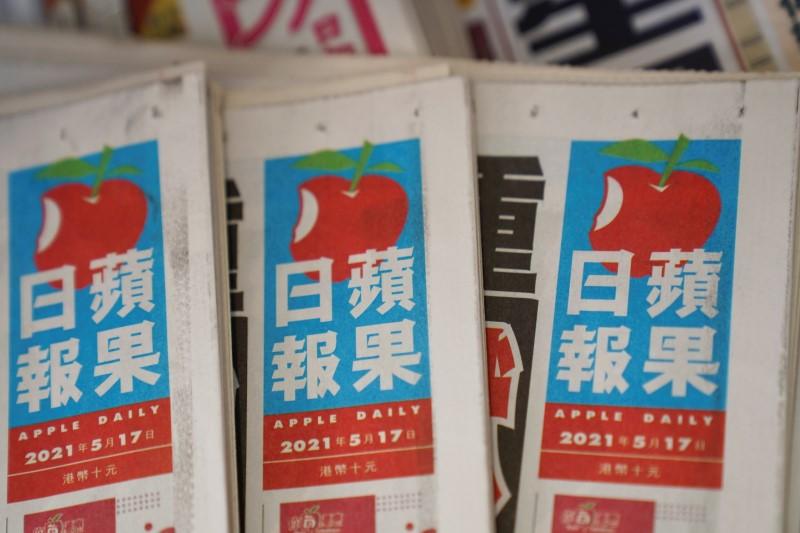Commentary
Hong Kong’s pro-democracy tabloid, Apple Daily, has printed its last edition on June 24 before shutting down. Apple Daily is no longer a newspaper but a symbol.

Hong Kong’s pro-democracy tabloid, Apple Daily, has printed its last edition on June 24 before shutting down. Apple Daily is no longer a newspaper but a symbol.